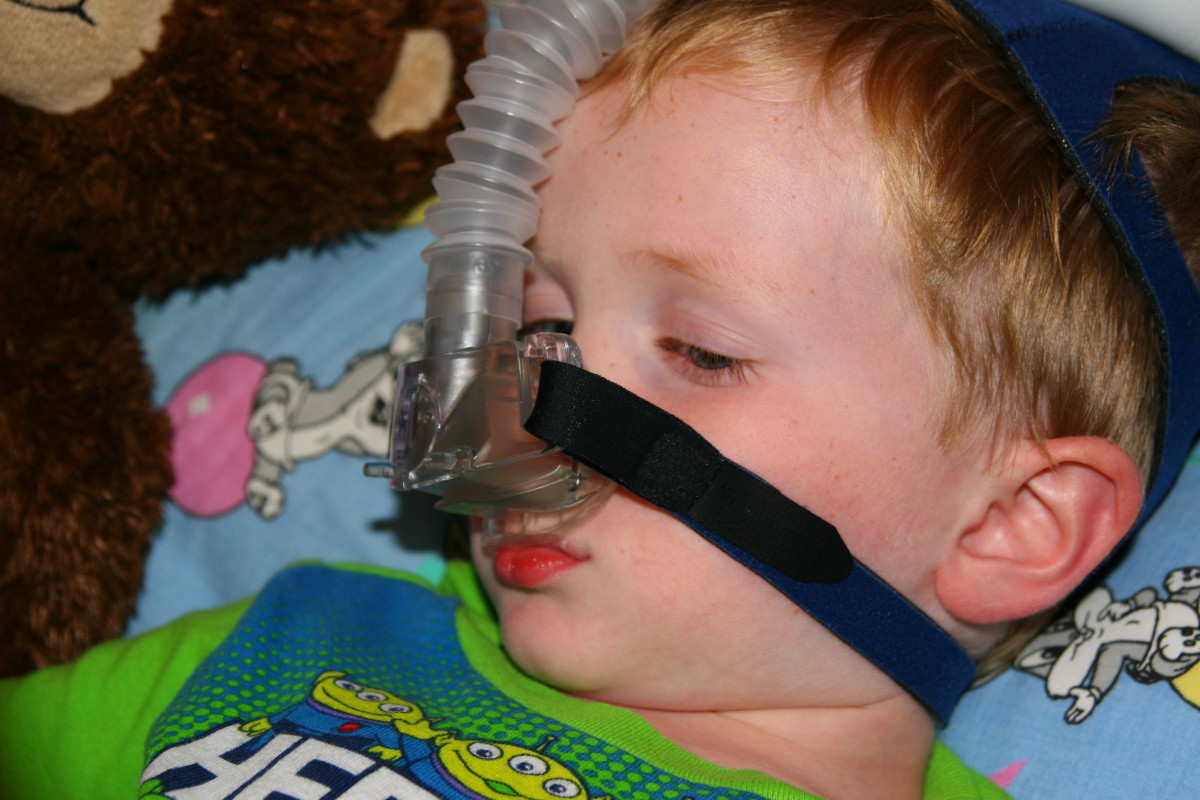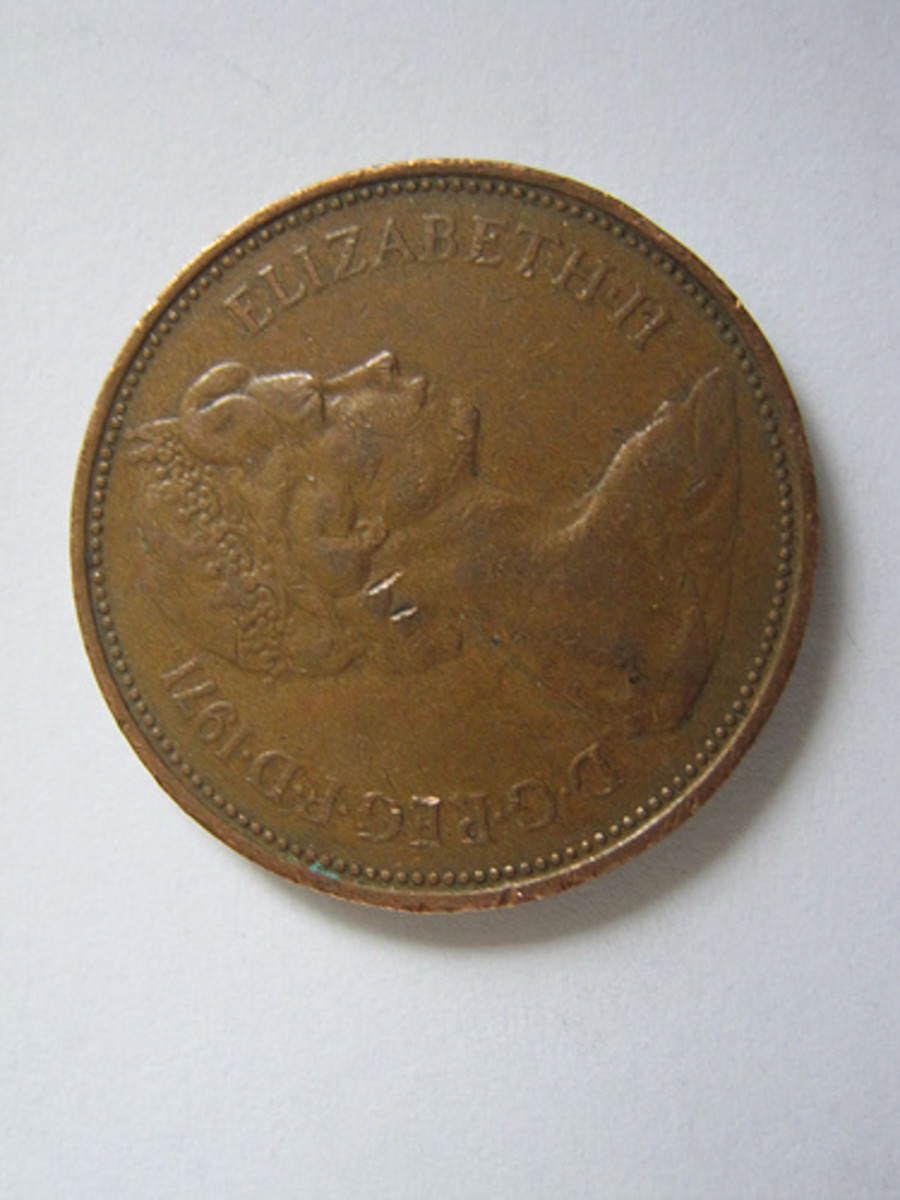The Benefits of Breast Feeding: It's Not Just the Milk
The availability of formula and bottle feeding as an alternative to natural breast milk has saved lives in situations where breast feeding was not possible, and it is undoubtedly true that infant mortality has been reduced in some measure through this method of feeding newborns. However, countless studies suggest that breast feeding, where it is possible, is a better alternative. Some of the reasons to prefer breast feeding are better nutrition, immune response conferred to the infant by the mother, and the psychological benefits of a physical, intimate relationship between mother and child. New studies have suggested one other benefit to breastfeeding: the exercise of suckling from the breast, which is much more difficult for the infant than sucking on a bottle, has a correlation with better lung capacity later in childhood.
At the Breast
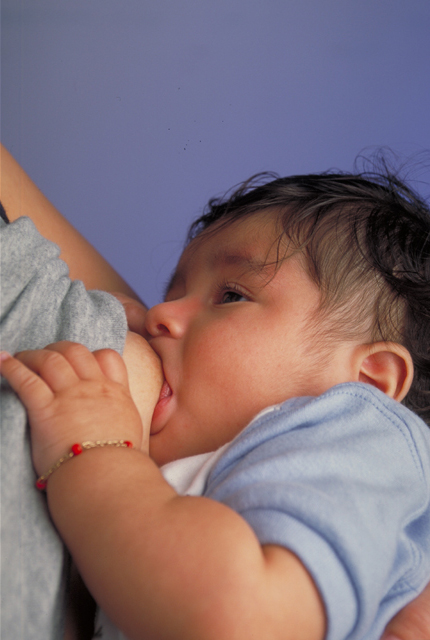
Confession
Before I proceed any further, I need to confess that I did not breastfeed my own daughter. I had no milk, and so there was no alternative but to bottle feed. This article is not intended to be judgmental toward mothers who for one reason or another end up bottle feeding. It is intended to convey general information about the subject, so that mothers can make informed decisions, based on their own particular situation.
History of Breast-Feeding
Once upon a time there was no choice and hence no dilemma. If you wanted your baby to live, you had to breastfeed. Mothers with no milk were not mothers for long. Infants with no sucking reflex did not exist because they had no chance. The population was healthy, and all was right with the world. The balance between mother and child was perfect, the bond was unbreakable, and both infant and mother did their share of the work in delivering nutrition to the baby.
In time, as civilization progressed, people anxious to save their babies realized that if the mother didn't have milk in sufficient quantity, another woman who was lactating could fill her place, and the baby would thrive. The wet nurse came into being, and this became an important role that women played as society became more stratified. From being an emergency provision to save the life of a baby, the wet nurse became a marker of social status, and women high in society could be spared the burden of breast feeding while hired hands kept their children thriving.
Even so, there was still no substitute for breast milk, and a baby still had to learn how to suckle and do his share in pumping out the milk, or he would not survive.
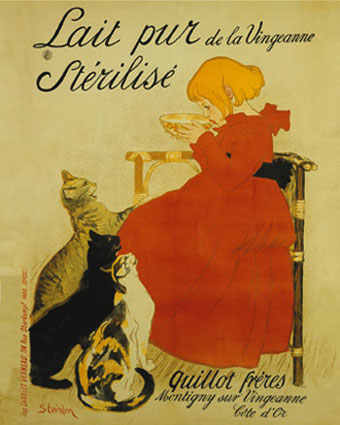
The Invention of Baby Formula
People began to experiment with artificial, homemade infant formulas in the nineteenth century, after sterilizing cow's milk became prevalent. While ordinary cow's milk is unsuitable for small infants and is currently not recommended by most physicians for infants under the age of twelve months, cow's milk was an important ingredient in homemade formula. It was called formula, because people were always trying to find the right formula to create an artificial milk that contained the nutrients that are required by a human infant. The invention of the rubber nipple, in 1845 by Elijah Pratt, paved the way for effective bottle feeding, and in time homemade formula was replaced by commercial products.
During most of the twentieth century, the trend in industrialized countries was away from breast feeding and toward the use of formula. There were even claims by some that formula was a better way to go because the nutritional content of what the baby was consuming could be monitored and modified as necessary. Other factors that played into the choice involved freeing the mother from the duty of being on hand for baby care throughout the day. Mothers who worked outside the home in environments where babies were not welcome could be assured that their baby was being well cared for and properly fed by others, without hiring a wet nurse.
In the 1970s, there was a resurgence of breast feeding among industrial nations, and people became aware of the health benefit of immune response and antibodies passed by mother to child through breast milk.
Eventually, the touting of breast milk as being more healthy than formula led to the breast pump.
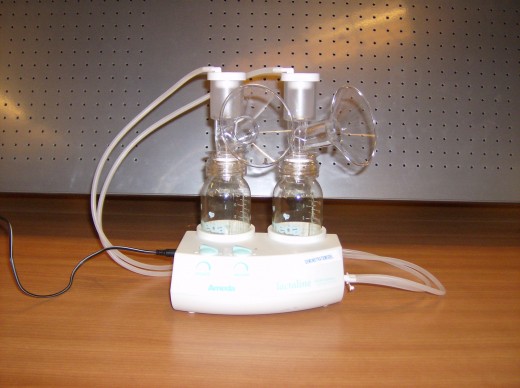
The Breast-Pump
While a breast-pump patent in the U.S. was granted as early as 1854, and there have been improvements being implemented ever since, breast pumps did not go into regular use as a way of expressing mother's milk for healthy infants by healthy mothers until after the backlash against baby formula toward the end of the twentieth century.
Because there had been studies that indicated that breast fed babies were healthier and more intelligent than their bottle fed contemporaries, many mothers, even those who worked outside the home, wanted to confer this special benefit on their children -- without changing their lifestyle.
BreastFeeding: Product or Process?
All of these developments stem from an understanding of breast milk as a product with certain nutritional ingredients, that can either be replicated artificially or transferred from mother to child in its original form without maintaining a physical bond. But is that all there is to breast feeding?
A recent study has found that children at age ten have better lung function if they were breast-fed for a longer period in infancy. It turns out that the suckling action engaged in by the infant at the breast is different from the effort required to get milk out of an artificial nipple. Breast feeding requires more effort on the part of the infant, and it therefore exercises not just the mouth, but also the lungs. One of the conclusions that some readers drew from the study was that it might be beneficial to make artificial nipples a little harder to suck on, so that bottle fed babies can get the same benefit for their lungs.
While it is undoubtedly true that the way most artificial nipples are made, they require less "ventilatory" effort than real breasts in order for the infant to express milk, I think a little caution should be exercised in following this line of thinking. Correlation does not necessarily imply causation. It might just as well be possible that to some extent infants who are bottle fed are self-selecting, and that one of the reasons mothers choose to bottle feed is that their infant is not thriving at the breast. Sometimes bottle feeding happens because the mother doesn't have enough milk. But sometimes it is the infant who, because of illness or poor lung capacity, is unable to suckle, but thrives on the bottle, because the bottle requires less of him.
If we start to question the idea that correlation implies causation, we may also question the studies that suggest mother's milk makes babies smarter. Is there a special elixir in mother's milk that directly boosts intelligence? (Lots of baby formula manufacturers seemed to think so in the 90's and assured us that they added the special ingredient to their product.) But isn't it possible that the bond between mother and child that forms when they are stuck together all day long, with long sessions of nursing and gazing into each other's eyes, might have something to do with the higher average intelligence of breast fed babies?
Tolerance for Different Choices
When it come to breastfeeding, as with other aspects of child rearing, there are many different reasons why parents make the choices they do. It's important to recognize that a choice made by one mother may be the best one she can make for her infant, while the exact opposite choice made by another mother may be best for her child.
Breast-feeding is more natural, and in many ways it has been proven to be healthier, but we don't always know what aspect of breast feeding is most important for each mother infant pair. Breast feeding as a whole has sustained mankind since before recorded history, but viewing breast milk as a mere product can make us overlook the dynamics of the process.
Sometimes mothers cannot breast feed, because they have no milk, or the infant has poor lung capacity, or they are on medication, or the infant has unusual dietary needs. In such cases, bottle feeding may be best, and many a life has been saved that way. The infant mother bond, despite the disruption of the physical process of breast feeding, can still be maintained, by holding the baby and interacting with him during bottle feeding. By the same token, while breast pumps can be very useful as ways to keep the milk supply flowing while a premature baby or an ill newborn cannot suckle, expressing mother's milk and having random people feed it to the baby will in all likelihood not confer the benefits of higher intelligence associated with breast feeding. It's the relationship that is important for psychological benefits of breast feeding to accrue. Breast feeding has many benefits, and to understand what they are, we need to evaluate the process as a whole.
Copyright 2010 Aya Katz
Related Hub and Links about Breast Feeding Info
- Kids\' lungs benefit from longer breast feeding | Reuters
NEW YORK (Reuters Health) - Children who are breast fed for at least 4 months may have better lung function than children who are breast fed for shorter periods of time and children who are bottle fed, - Feed Formula From The Beginning To Avoid Milk Allergy, Study Says | Being Pregnant
Parents have been told to prevent allergies, avoid milk protein in infant formula too soon. A new study says the sooner the better. - Longer Duration Of Breastfeeding Associated With More Aggressive Breast Cancer - Food for Breast Can
A new Swedish prospective study presented at the seventh European Breast Cancer Conference (EBCC7) in Spain has reported that longer duration of breastfeeding i - Flaws in Study of Breastfeeding and Dairy Allergy | A Mother in Israel
A new Israeli study making the rounds of the internet is claiming that exclusive breastfeeding, instead of preventing allergies as has been shown by countless - The myths about Breast Feeding - Facts and Answers
Here are different myths that women think about breast feeding and because of these myths, some of these have threaten the lives of their babies and their own. Breast feeding is natural and very helpful... - Why You Should Breast Feed Your Baby
Reasons why breast-feeding is beneficial and crucial for your baby!! - Breastfeeding in the News
Yesterday morning when my home page downloaded on my computer, I glanced at the top news stories as I always do. An article called "Study: Breast-feeding would save lives, money." caught my eye. Being a...

